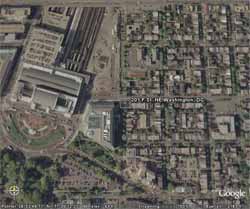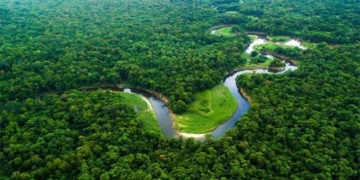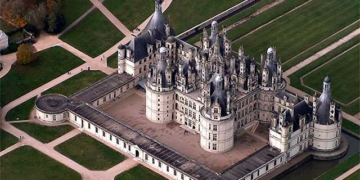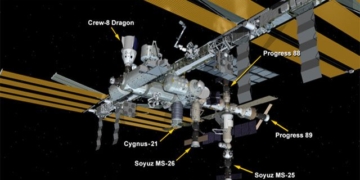 Indian President Abdul Kalam has recently expressed concern over the advanced and widespread features of the Google Earth service. According to him, the service has loopholes that could be exploited by terrorists.
Indian President Abdul Kalam has recently expressed concern over the advanced and widespread features of the Google Earth service. According to him, the service has loopholes that could be exploited by terrorists.
The reason for this concern is that the service allows for extremely detailed searches of facilities and locations on the ground, using satellite images.
Kalam suggested that there should be a reconsideration of the legal framework, advocating for stricter regulations regarding the dissemination and access to these satellite images provided by Google Earth. He believes that this service sometimes does not comply with the laws of certain countries and urged the United Nations to review this issue.
It is known that Google Earth contains highly detailed images of the presidential residence, the parliament building, and other significant government locations in India. Furthermore, Google Earth allows access to images of military areas within the country.
Prior to India, countries such as South Korea, Australia, the Netherlands, and Thailand had voiced their opposition to this service from Google. A representative from the South Korean government also stated that the satellite images, which are too detailed of government and military facilities, being disseminated so widely and easily poses a real threat to national security.
Sharing similar concerns, the head of Australia’s nuclear agency also expressed worries about safety upon discovering that images of the country’s only nuclear reactor were available on Google Earth. However, later on, the Australian government publicly declared its support for the stance of protecting information freedom, asserting that such concerns were entirely unfounded.
Mai Hoa (According to Lenta.ru)



















































